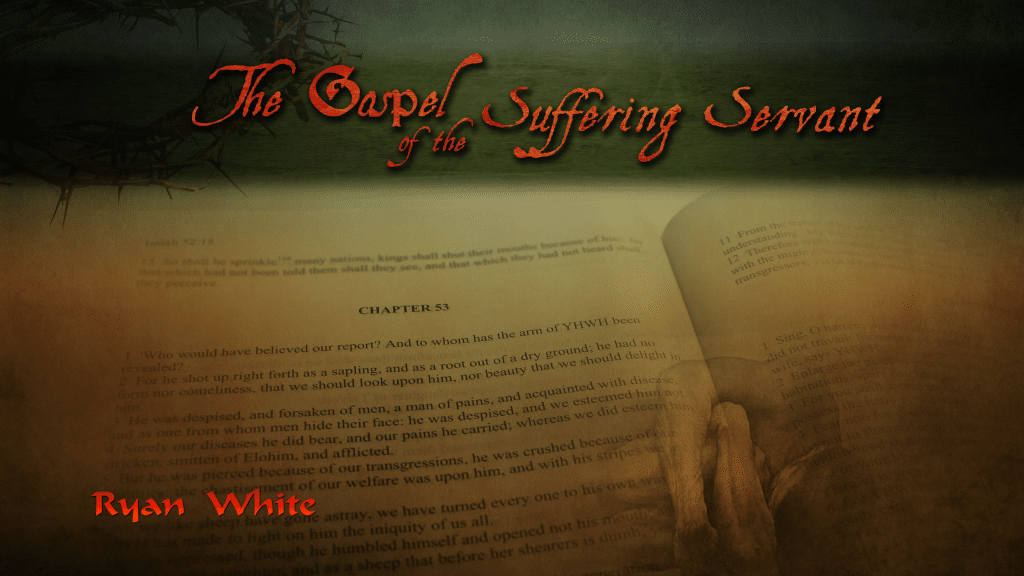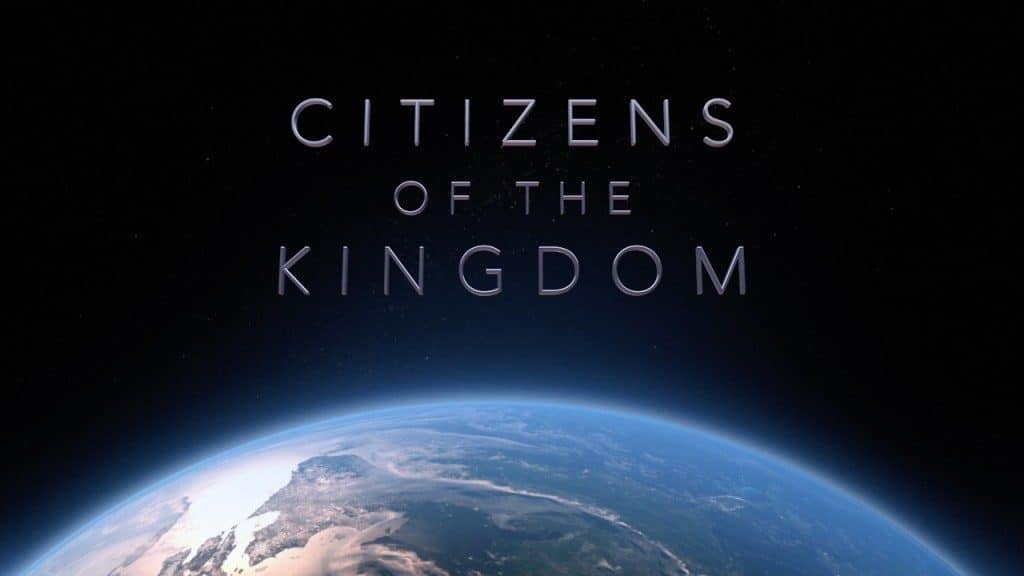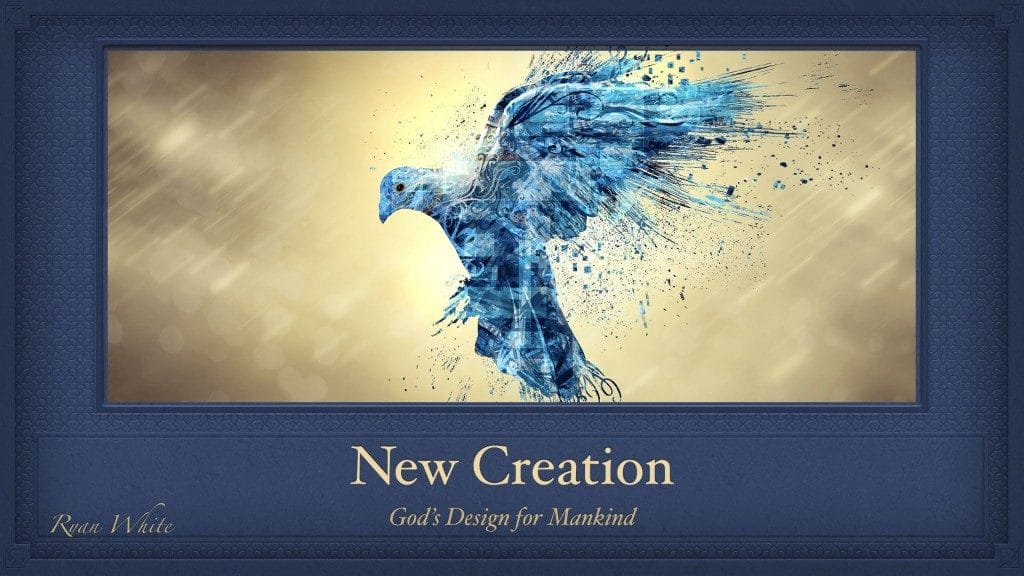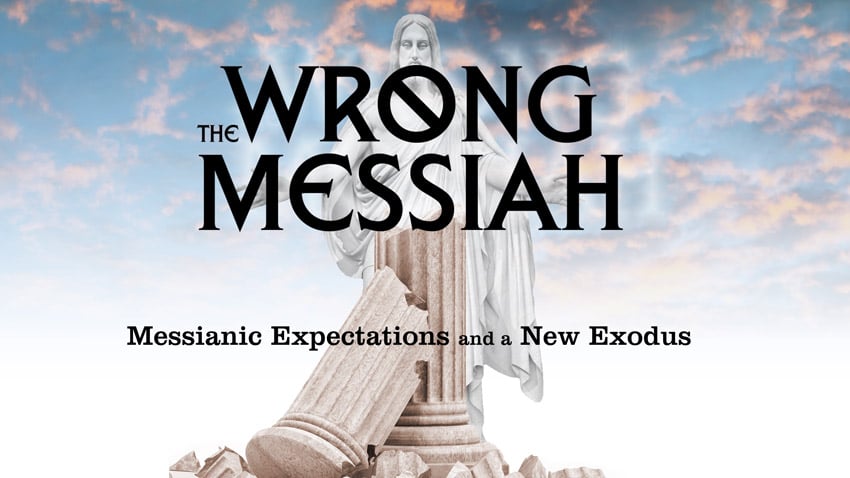New to the Website?
This page contains a suggested path for viewing teachings for those who are new to the site. All teachings were created with the intent to be viewed on their own, but many build upon principles from earlier teachings, so following this ordering may help with comprehension.
This list does not contain all of the teachings available on the site; rather these are ones that I consider foundational studies.
1
While not the first teaching I ever did, I do consider The Gospel of the Suffering Servant the best place to start. This 13-part series contained almost all the research I had done up until the point it was recorded (2015). I had been heavily researching various topics about the ancient Near Eastern culture and context and put them all together into this series.
Topics covered are:
- Honor and Shame Culture
- Patronage and Reciprocity System
- Animal Sacrifices, Impurities, and Temple Service
- Justice and Righteousness as the Duty of a King and of Israel
- Isaiah 53 - Who is the Suffering Servant?
2
Citizens of the Kingdom is great for those who struggle with whether or not followers of Yeshua should keep the Torah. In this series, we look at how scholars have realized that much of our understanding of Paul's letters is based on misunderstanding; a view they have termed the New Perspective. Armed with this knowledge, we will re-evaluate key passages in Paul's letters to show how he is focused on showing how non-Jews can become part of the Kingdom of God.
3
The Bible has a trajectory; it starts in a garden with two people who are given the mandate to "be fruitful, multiply, fill the earth, and subdue it." Revelation ends with a realization of this mandate described as the "New Jerusalem." Both the Garden and the New Jerusalem are described in terms of a Temple. As we study deeper we realize that the Tabernacle, Temple, Yeshua, and the community as Temple are all patterned after the Garden. When we see these connections, it becomes clear where the Bible is going and what our role is along this incredible journey.
4
Did Yeshua start a new thing or was he a continuation of Israel's story? This teaching shows how the Gospel accounts were written through the framework of the Exodus story and how Yeshua's death and resurrection are being explained as a new exodus; an exodus from slavery to sin and death.
What to Study Next?
After completing these four teachings, you should have a good grasp on a lot of the principles that form the foundations for most of the teachings on this website. From here, I would suggest starting a weekly study of the Torah, Haftarah, and/or Gospel cycles. The Torah portions are quick 30 minute videos while the Haftarahs are about an hour each. There is also a series called the Echoes Through Scripture where we look at concepts from the Torah portion and trace them throughout the rest of Scripture. The Gospel cycle videos are some of my personal favorites and vary in length, most being at least one hour.
If you want to dig deeper into the Temple and sacrifices, check out the teaching Restoring Honor and Removing Shame According to the Temple Service. It goes beyond what is in the Gospel of the Suffering Servant videos, covering much more of the subject. Marriage is a passion of mine, as I am happily married for over 18 years and we have 5 wonderful boys. I had almost destroyed my marriage years back and have really felt that it is a subject one can never learn enough about. For those of you with the same passion, I would recommend Honor in Marriage.
There are a few more I would love to point out. Melchizedek, Hebrews, and the Jubilee is great for anyone who wants more information on the Book of Hebrews and its usage of Melchizedek. The Crucified Son of God explores why Yeshua specifically had to die via Roman crucifixion; what was so significant about that act. Finally, Do This in Remembrance of Me looks into the significance of the Last Supper and its connection to the Passover and the cross.




